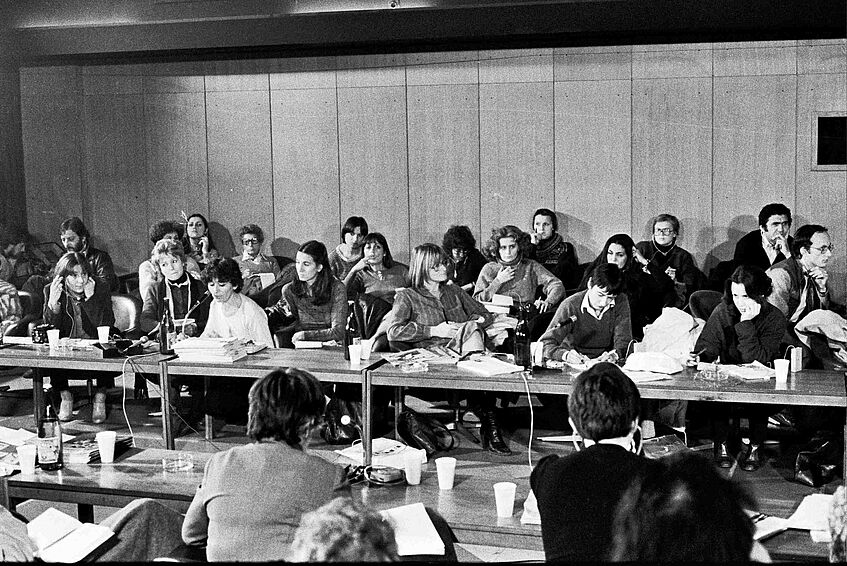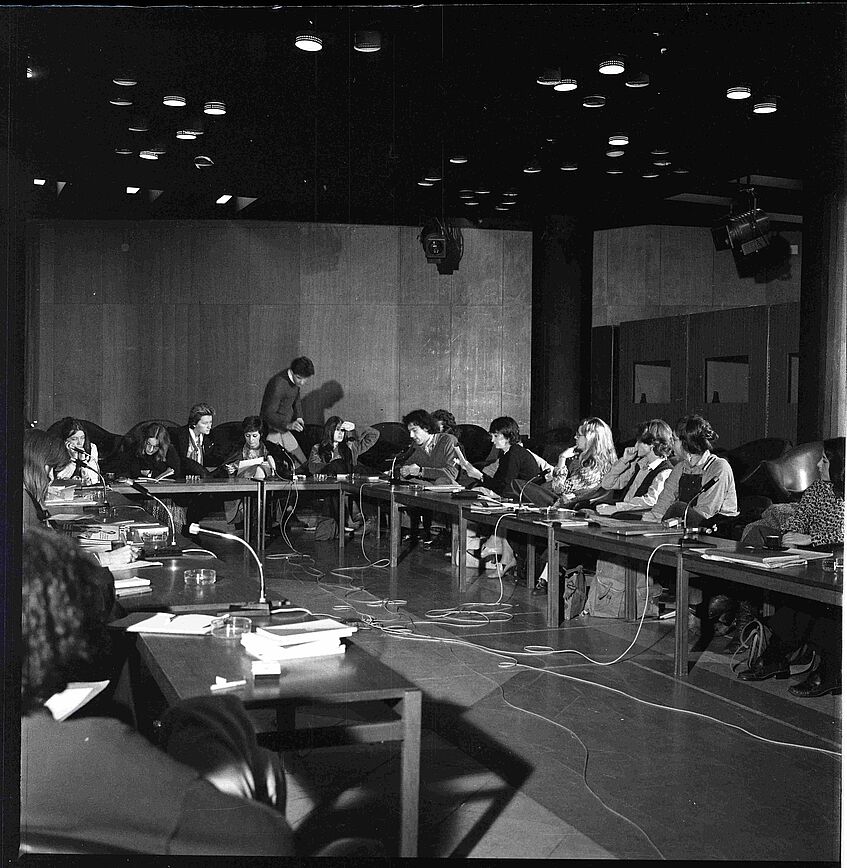HERESSEE -The History of Feminist Political Thought and Women’s Rights Discourses in East Central Europe 1929 – 2001


HERESSEE -The History of Feminist Political Thought and Women’s Rights Discourses in East Central Europe 1929 – 2001
Project Leader: Ass.Prof.in Zsófia Lóránd, MA PhD
Project staff: Aleksandra Dimitrova, BA M.Sc.
Funding: ERC
Projekthomepage
This project will produce the first comprehensive and multi-disciplinary history of feminist political thought and women’s rights discourses in East Central Europe in a broad chronological perspective. The project builds on a solid base of existing scholarship, but does more than weave the stories of individual women or fragmented national case studies in the existing scholarship into a coherent narrative. Instead, it reinterprets the story of feminism in the region in relation to state socialism and the history of state socialism through the lens of feminism. It treats the interwar pre-history of debates between socialism and feminism, as well as the post-1989 struggles to deal with the state socialist past as integral parts of the history of state socialism. Intellectual historians have paid relatively little attention to this region, to women, and to feminism. Yet it is precisely the issues traditionally at the heart of their field – such as the origins and transformations of ideas in their social and cultural contexts – that are required to understand feminism in East Central Europe. Recent advances in the field have often been driven by methodological innovations, and particularly the use of sources beyond political essays and academic publications. This project also draws upon sources like popular women’s magazines, literary and art works, samizdat publications, party documents, and oral history interviews. The research team reflects the diversity of the European continent, mobilizing linguistic and methodological skills to match the project’s broad source base, inclusive geography, and extended chronology and to produce a body of research that is both comprehensive in scope and sensitive to local particularities. By situating them in their local, regional and transnational contexts, this project integrates feminist political thought, women’s rights discourses, and their authors in East Central Europe into the broader European intellectual tradition.
